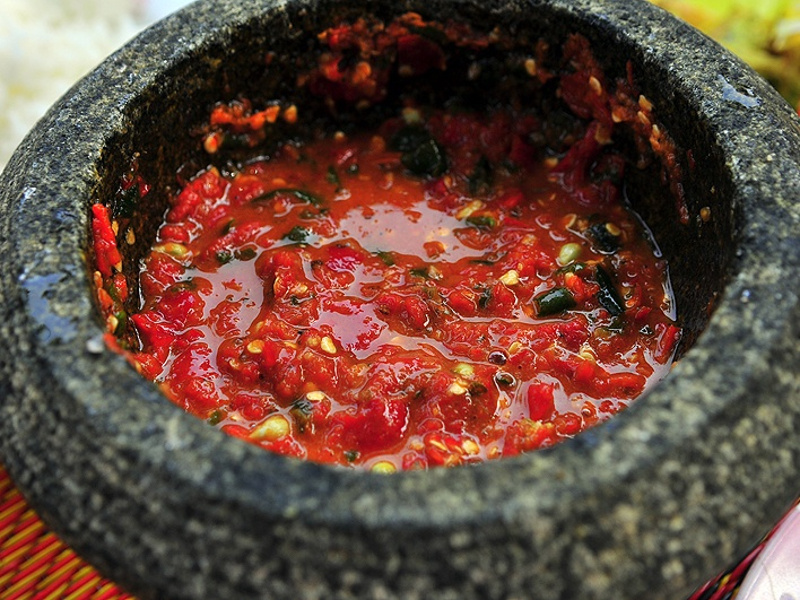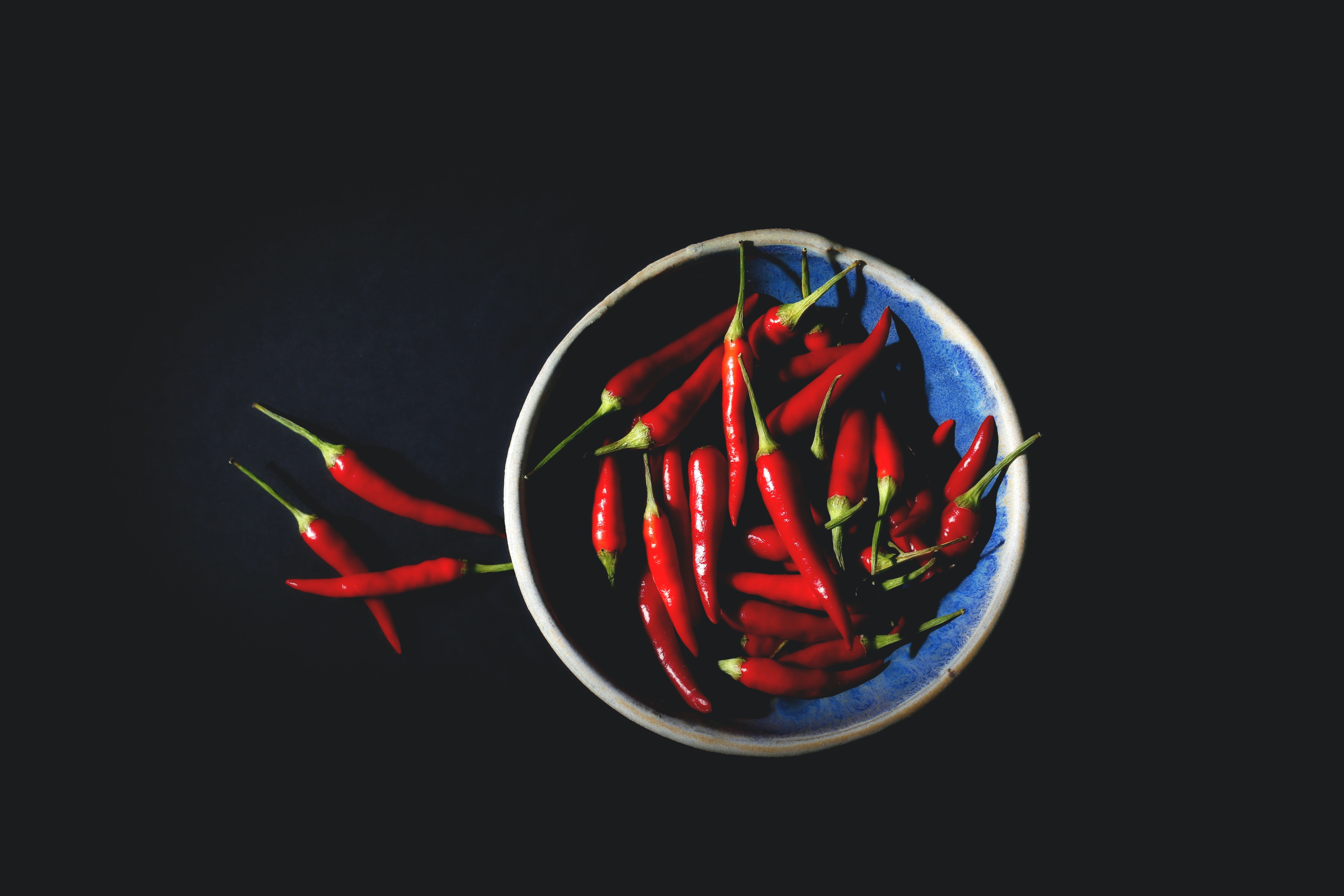Here's Why We Sometimes Hiccup When We Eat 'Pedas' Food & How To Get Rid Of It
There are multiple theories.
You just ate a hot bowl of tom yam, the yummiest plate of nasi lemak, or the spiciest sambal belacan ever, and now... you have the hiccups.
Ever wondered why this happens?
Hiccups have a variety of causes: overeating, eating too quickly, feeling excited or nervous, consuming alcohol or carbonated drinks, and well, eating spicy food.
Although they're usually harmless, there are some cases where chronic hiccups (lasting more than 48 hours) could mean underlying issues.
Otherwise, hiccups are usually short-lived and just... annoying.
There's no clear-cut answer as to why hiccups occur when we eat spicy food, but there have been some theories
According to Medical News Today, chillis contain a chemical compound known as capsaicin. Capsaicin is an irritant and it is what gives chillies their taste and heat profile.
When the chemical is released into your mouth, throat, and stomach, your diaphragm gets irritated, which will trigger hiccups.
One of the theories is that the amount of capsaicin in the food determines whether or not you get hiccups.
Another theory is that your diaphragm contracts rapidly to release the pungent air out of your lungs. However, scientists have yet to prove any actual cause that triggers hiccups when we eat spicy food.
If you do get the hiccups, don't worry.
There are some ways you can get rid of them:
– Try drinking a glass of water immediately once the hiccups occur
– Eat slower
– Breathe into a paper bag
– Pull your knees up to your chest and lean forward
– Hold your breath for a short period of time (10 to 20 seconds)
– Swallow a teaspoon of sugar
If your hiccups last more than two days, consult a doctor, as this could be chronic hiccups and you may need medication.
The information provided is for educational and communication purposes only and it should not be construed as personal medical advice. Information published in this article is not intended to replace, supplant or augment a consultation with a health professional regarding the reader’s own medical care.
Hey, SAYS readers. Your voice matters, and we want to hear it loud and clear!
Take this special survey to help us give you the content you love most:



